In the busy ports and sea lanes of the Mediterranean, the impact of shipping on the environment is impossible to ignore. Ships burn large amounts of fuel, releasing emissions that contribute to climate change and pollute the air along the coastlines. This is a particular concern in the Mediterranean, where shipping is dense and the sea is semi-enclosed, trapping pollution near heavily populated shores.
To address this, the GreenMED project is helping chart a new path forward. Thanks to support from the European Maritime, Fisheries and Aquaculture Fund (EMFAF), it is bringing partners from Greece, Spain, Cyprus, and Egypt to prepare the region’s shipping industry for the energy transition.
At the heart of the project is a new observatory — the Mediterranean Sustainable Shipping Observatory, a decarbonisation hub for the Eastern and wider Mediterranean region. This is collecting data, building knowledge, and engaging stakeholders to support cleaner solutions in ports and at sea.
Why the Mediterranean can’t wait
The European Union aims to reach climate neutrality by 2050. To achieve this, all sectors need to reduce emissions — including maritime transport. Shipping has long been a difficult sector to decarbonise, but new policies and measures have been introduced, including adding shipping into the EU Emission Trade System, the Fuel EU Maritime and Alternative Fuels Infrastructure Regulations.
GreenMED helps the Mediterranean region align with these wider goals by focusing on regional needs, infrastructure, and opportunities.
This is not just about environmental targets. It is also about the future of coastal communities. Cleaner ports mean better air quality. New fuel and energy systems mean new skills and jobs. And investment in green infrastructure can support the wider economy while protecting marine ecosystems.


